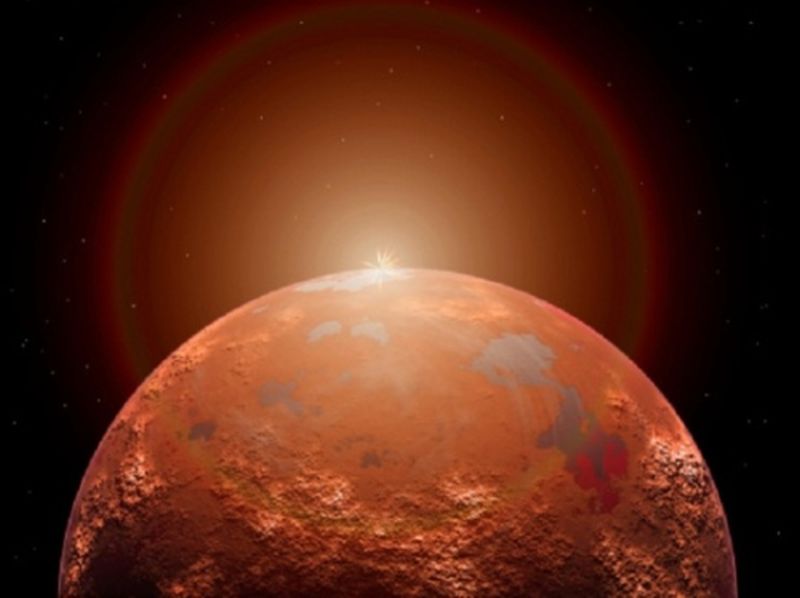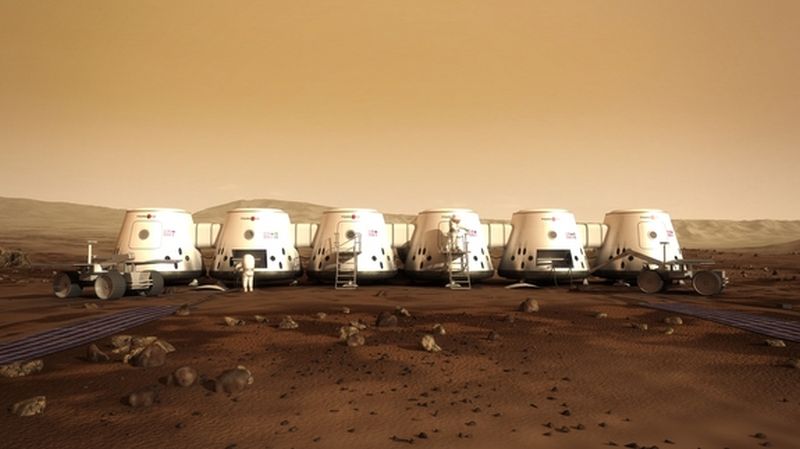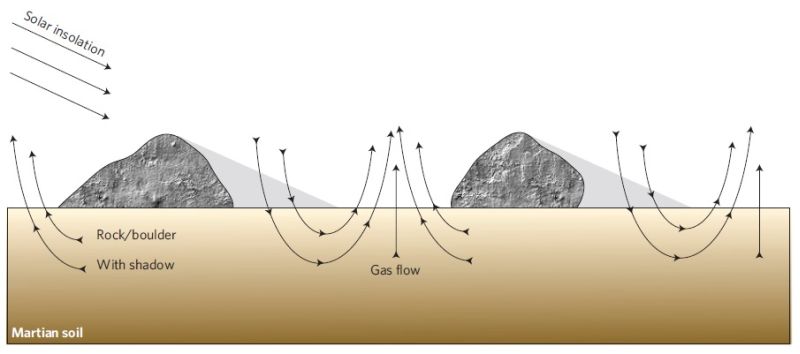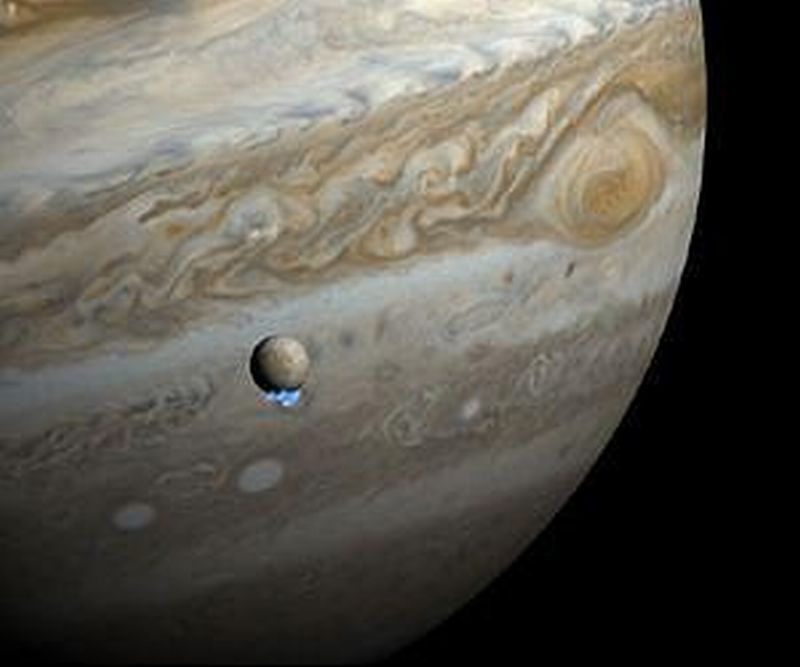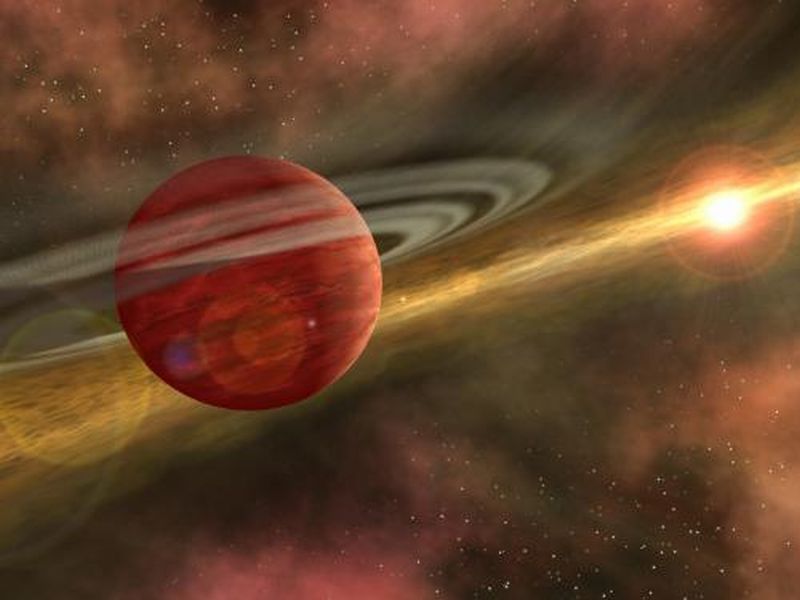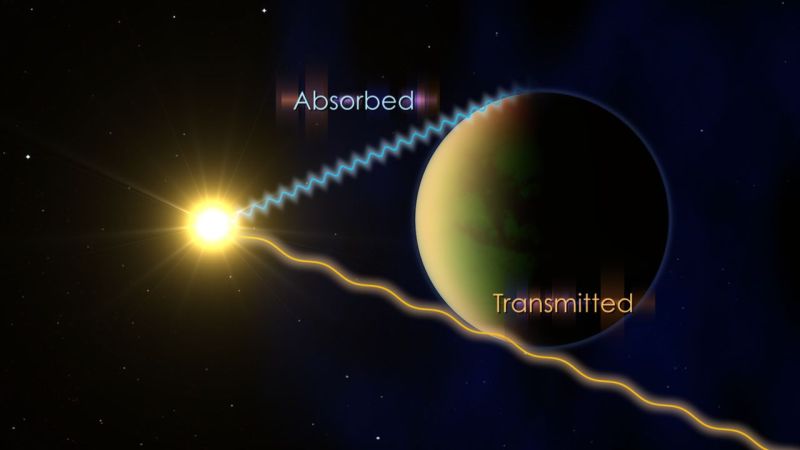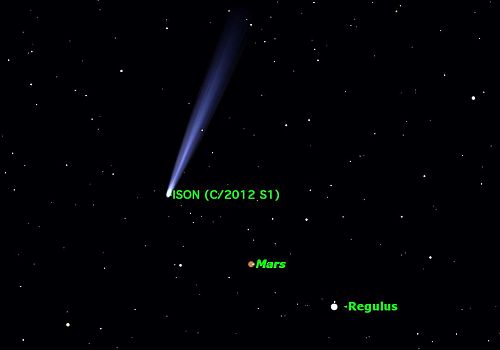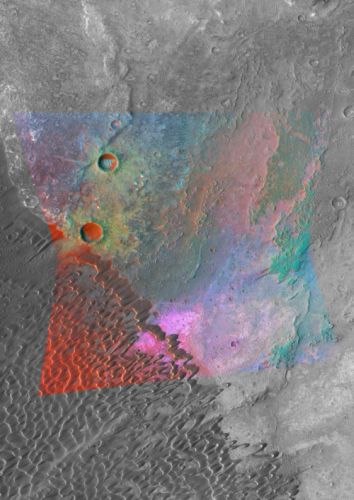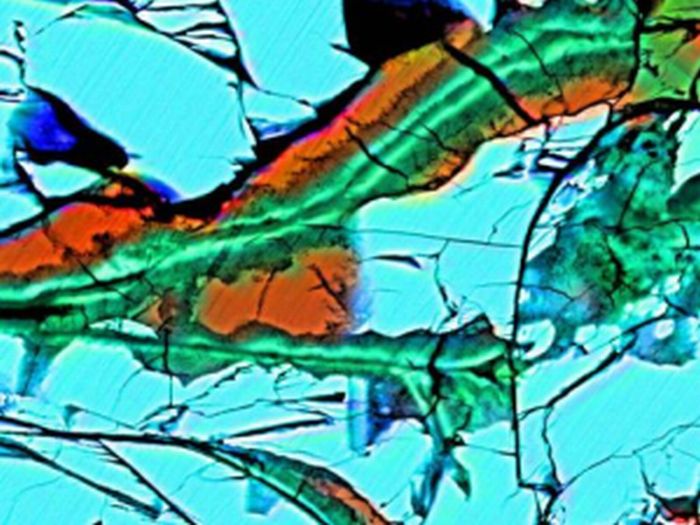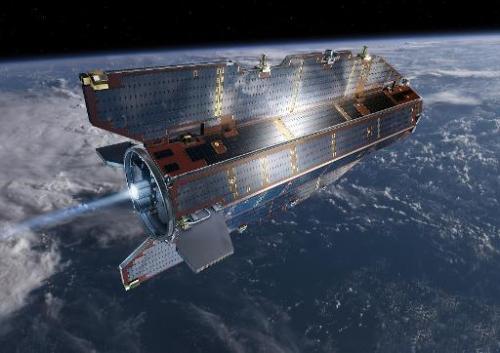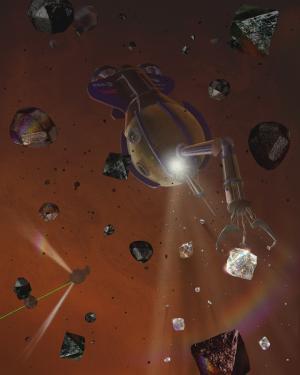The red planet had fresh water puddle on its surface around 4 billion years ago, as revealed by NASA Mars Opportunity Rover upon analyzing some of the oldest minerals. The same facts have been confirmed by the Curiosity, the newcomer collecting data on the other side of the planet. Planetary scientist Ray Arvidson, with Washington University in St. Louis said,the pool of water was so fresh that could have sustained all life forms.
Read MoreTag: space exploration
Mars One Aims To Develop Human Habitat On The Red Planet
Humans are always curious about universe, whether there is life like us on any other planet or whether can we thrive on any other planets, both interests us equally. Till now visit to outer space for few months has been achieved, but nobody so far has thought of living on one such planet permanently. In one such mission, Mars One is planning to send selected individuals by 2023 on the red planet Mars (with no return voyage) to become the first ever persons to settle down permanently.
Read MoreMars Acting Like An Enormous Gas Pump
Recent research claims that planet Mars might act as an enormous gas pump with its low atmospheric pressure and porous soil making the assertion strong enough to prove the hypothesis. Space scientists have already advocated the constant activity that is going on the surface like dust storms and drifting dunes. And now, the new study holds the certainty of having a similar kind of motion underneath the surface as well. With this assertion, the planet becomes the solar system’s first such body in which continuous pumping on a massive scale…
Read MoreEuropa, Jupiter’s Moon Is Spewing Off Water Vapour
Latest finding put forth by NASA’s Hubble Space Telescope has confirmed that Europa, Jupiter’s moon, is ejecting water vapour. Its surface consists of water ice and has one of the finest gradients in the Solar System. This has led to a conceivable notion that there might exist water ocean underneath. As per the space scientists, this sign might give rise to a possibility of habitability. The discovery that water vapour is ejected near the south pole strengthens Europa’s position as the top candidate for potential habitability. However, we do not…
Read MoreHD106906 System Explodes The Basic Concepts Of Planet Formation
Recent discovery of planet HD 106906 b has exploded the underlying hypotheses of planet formation so far. A team of space scientists led by a University of Arizona graduate student has pioneered the discovery. The exoplanet weighs around 20.9x 1027 kg, which is eleven times more than that of Jupiter. It’s also found revolving around its star at 650 times the average distance between the Earth and the Sun. As per one theory of planet formation, planets that are in proximity with their stars band together with the help of…
Read MoreTraces Of Water Discovered Across Exoplanet Atmospheres
Two teams of space scientists have discovered the presence of atmospheric water across the five distant planets. NASA’s Hubble Space Telescope was the tool employed by the teams for the exploration mission. WASP-17b, HD209458b, WASP-12b, WASP-19b and XO-1b were the planets that were under observation. WASP-17b and HD209458b gave the strongest signal of water content present in their atmosphere while the others showed consistency.
Read MoreGrowing Plants on Moon: NASA’s Next Big Project By 2015
Researchers and scientists are always curious to find life on other planets and tries to find whether other planets could ever sustain life. NASA is trying to find an answer to one such question and is planning to grow plants on moon, with the assistance of a robot, few cameras and thousands of schoolchildren. In 2015, a group of NASA scientist named as The Lunar Plant Growth Habitat Team, along with volunteers, contractors and students will be trying to bring life on other planet, which has been never attempted so…
Read MoreComet ISON’s Journey Comes To An End
After travelling for over a million years, Comet ISON or Comet Nevski–Novichonok, a sungrazing comet discovered on 21 September 2012 by Vitali Nevski and Artyom Novichonok will be completing its inward journey through the solar system by the Thanksgiving Day, that is, Nov. 28, 2013. Researchers feel that either it will shatter due to the extreme heat of the sun or speeds back, never to return. Space scientists were intrigued since the time they had discovered the Comet ISON (in Sept 2012) because they believe that the comet consists of…
Read MoreDust Ring Confirmed Near Venus Orbit
Interplanetary dust or the Cosmic dust has occupied space in the solar system. Studies are still being conducted in order to understand the nature, origin and its relationship to larger bodies in space. However, one thing is confirmed that a planet’s gravity is acting on the cosmic dust by pulling it into its orbit forming a ring of dust around itself. Earth too has been travelling in the ring of dust, a discovery that was made twenty years ago. Since then space scientists have been working upon gathering the information…
Read MoreMars Has Granitic Rocks: A Research
Every time one reads a philosophical novel, one finds a new motif running parallelly across the main theme and the numbers of motifs keep on increasing with the number of times the book is re-read. Expedition on Mars is quite similar to such an experience or a discovery at least I think so. Until now, researchers advocated that Mars is much simpler geologically with respect to Earth and that the planet’s surface consists of only basalt, dark-colored volcanic rocks. However, a recent discovery by the Curiosity rover has surfaced more…
Read MoreCarbonated Meteorite Hints At Presence of Carbon Dioxide on Mars
Planets scientists’ have discovered carbonation in a meteorite that landed on earth, US to be more specific, in late back 1931. Meteorite study suggests that it must be 3,000 years old and is carried off from the surface of Mars. This asserts that the surface on Mars must be loaded with carbon dioxide, which had happened not more than 3 to 4 billion years ago. Researchers still have no argument which supports the reason for its current absence. However, they have postulated several reasons that might have lead to the…
Read MoreGOCE, The Earth Monitoring Satellite De-Orbiting Soon
Gravity Ocean Circulation Explorer (GOCE), an Earth monitoring satellite was propelled to space in March 2009, since then it has been circulating the orbit but very soon, it will run out of fuel and ultimately crash. As maintained by the space researchers, the crash will not result in any risk for humanity. Nearly 50 chunks of mass 250 kgs are estimated to hit the planet earth. Land or ocean, target of the fragments is still not known said the team behind spacecraft. Precision would depend on the proximity of the…
Read MoreAre Black Holes doorways To Other Universes?
Black holes are one of those flabbergasted phenomena of universe that research is still being done on the subject. Gravitational pull is what keep the things moving on earth but with a huge amount of power we can escape the gravity and can move around like in space ships, rockets etc.. However, this is not the case with black holes, density of the object is so high that it funnels down everything that touches it perimeter, light too cannot escape it and is engulfed by the unplumbed phenomenon.
Read MoreDiamonds Could Be Floating Around Inside Of Saturn
As per the recent planetary analysis scientists discovered that deep atmospheres of Jupiter and Saturn might hold large pieces of diamond floating in a mixture of hydrogen/helium fluid. In order to understand the carbon allotropy with respect to diamond across temperature and pressure, the scientists behind the study plotted a phase diagram. This diagram was then combined with the new pressure-temperature statistics of Jupiter and Saturn. The grid indicated that diamond will be in a stable phase in deep interiors but below the region where the stability will not work,…
Read MoreTitan Could Be A Fountainhead Of Organic Compounds
Propylene, an unsaturated organic compound has been discovered in Space debris. The compound is used as raw material in the production of food storage containers that we employ in our kitchen, other consumer products including car bumpers. Cassini, the largest, heaviest and most complex interplanetary spacecraft of NASA’s identified the debris on Saturn’s moon Titan. For the first time, the organic compound has been discovered in the aerospace. This is not the only exploration done on Titan. During 1980 expedition of Titan, the spacecraft (Voyager1) has detected some hydrocarbons, the…
Read More
